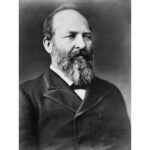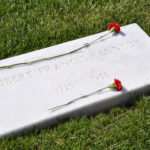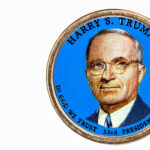On April 4, 1967, exactly one year before his tragic assassination, civil rights leader Dr. Martin Luther King Jr. stepped up to the pulpit in New York City’s Riverside Church to deliver a speech that would alter the course of American history. This powerful address, known as “Beyond Vietnam: A Time to Break Silence,” criticized the United States’ involvement in the Vietnam War and outlined the need for a more just and peaceful approach.
Drawing from his deep well of moral conviction, King called for a “radical revolution of values” and urged his fellow citizens to break their silence on the war. He argued that it was not only the responsibility of the government to change its course but also of every individual to stand up for justice and peace.
In his speech, King emphasized that the civil rights movement and the anti-war movement were part of the same struggle. He said, “We are called to speak for the weak, for the voiceless, for the victims of our nation, for those it calls ‘enemy,’ for no document from human hands can make these humans any less our brothers.”
The “Beyond Vietnam” speech was a watershed moment, as it marked the first time a prominent civil rights leader had publicly denounced the war. It not only intensified opposition to the conflict but also underscored the interconnected nature of social justice issues.
Today, Dr. King’s call for a “radical revolution of values” still resonates as we continue to grapple with issues of race, poverty, and militarism. His message serves as a reminder of the power of speaking out against injustice, even when it is met with resistance or controversy. As we commemorate this historic speech, let us embrace the legacy of Dr. Martin Luther King Jr. and strive to create a more just and peaceful world.
References:
https://www.americanrhetoric.com/speeches/mlkatimetobreaksilence.htm
http://www2.hawaii.edu/~freeman/courses/phil100/17.%20MLK%20Beyond%20Vietnam.pdf




